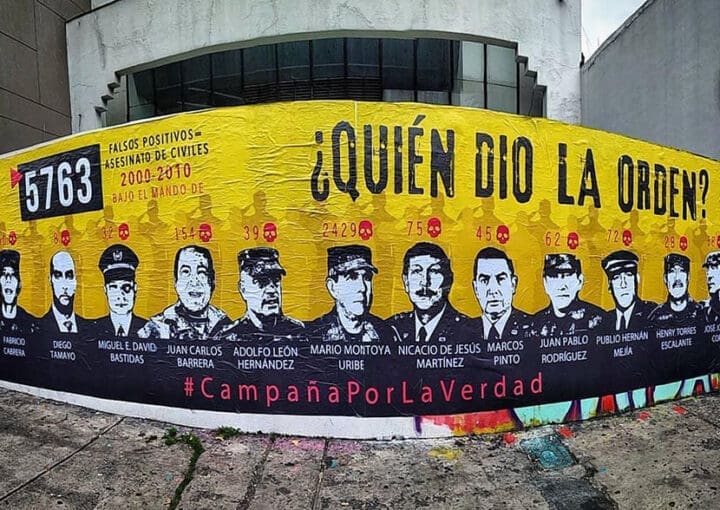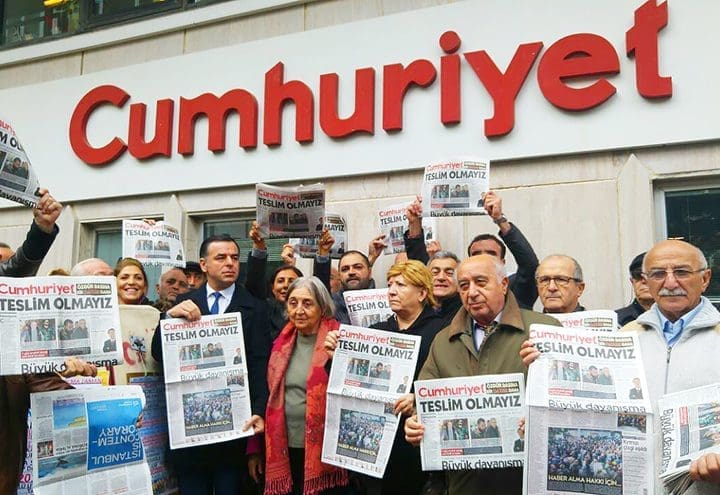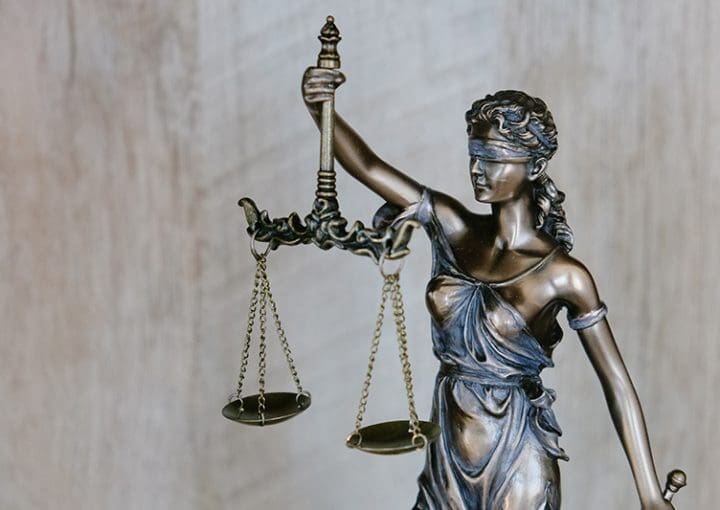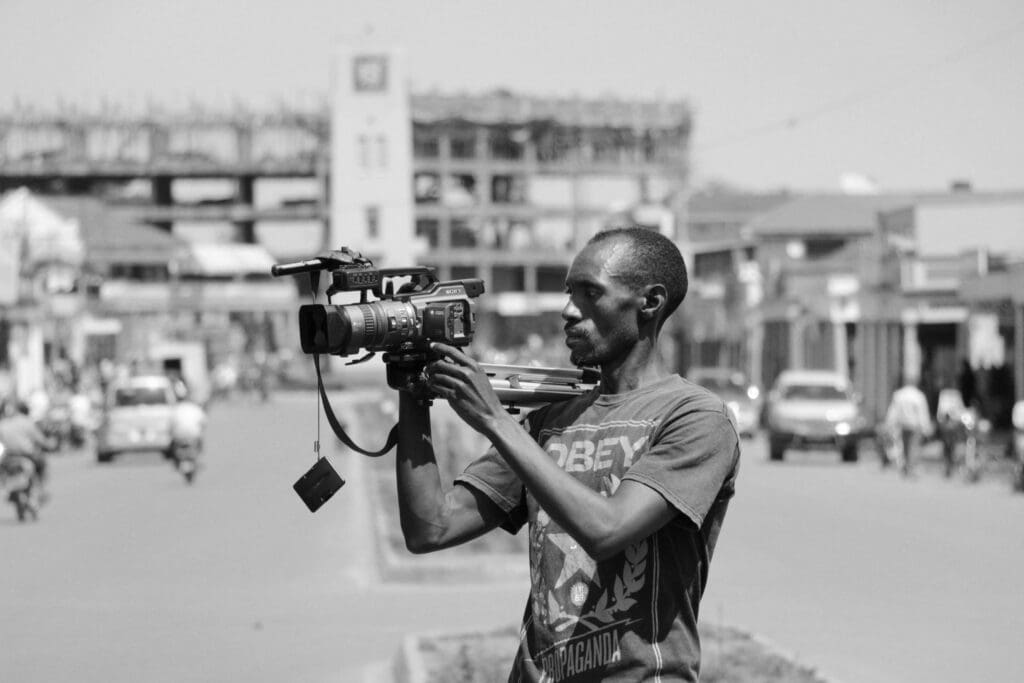Freedom of expression is a protected fundamental human right, but is increasingly under threat due to dramatic changes to the media and information eco-system occasioned by the rise of the internet.
International human rights law has become increasingly influential in domestic courts and has set a global standard for the protection of human rights like freedom of expression. This resource provides an overview of the right to freedom of expression in international and domestic law, and the challenges for digital communications and the internet.
“There can be no doubt that the freedom of expression, coupled with the corollary right to receive and impart information, is a core value of any democratic society deserving of the utmost legal protection.”
Justice Patel, Zimbabwean Constitutional Court
Summary Modules
Media Defence has developed a series of summary modules to provide an overview of the right to freedom of expression under international law. Some of the most significant challenges to protecting the right to freedom of expression today relate to expression online, social media, and the changing media landscape globally, all of which have substantially upended the information eco-system as we know it. Although international law clearly states that freedom of expression is a protected right regardless of the medium, the internet has redefined what constitutes a journalist, created new cybercrime risks, and sparked a misinformation epidemic. The following summary modules provide a brief overview of some of these challenges.
Advanced Modules
Media Defence’s series of Advanced Modules on Digital Rights and Freedom of Expression online provide a more comprehensive review of current developments and jurisprudence in the field of digital rights. In combination with the Summary Modules above, these resources form the basis of our introductory and advanced litigation surgeries. The Advanced Modules have been designed to assist lawyers representing journalists, bloggers and other online media in East, West and Southern Africa. They include emerging trends in digital rights as well as tools and advice on litigating cases at the national and regional levels.
These Advanced Modules provide an in-depth explanation of what the right to freedom of expression means, when it may be restricted in accordance with international law, and how various regional bodies and treaties protect it.
Emerging Trends: Internet Shutdowns
An internet shutdown arises when someone, be it the government or a private sector actor, intentionally disrupts the internet, a telecommunications network or an internet service, arguably to control or curb what people say or do.
See moreKey Case Law
Freedom of expression is a developed concept in international and domestic law around the world. Over the years, courts have finessed the definition of freedom of expression, for example by including in it the right to access public information, and have clarified the appropriate circumstances in which states may restrict that right. Jurisprudence on freedom of expression ranges from defamation and hate speech to the regulation of surveillance technologies and more.
In the majority opinion of the United States Supreme Court, Justice Anthony Kennedy wrote that “[t]he remedy for speech that is false is speech that is true. This is the ordinary course in a free society.”
The European Court of Human Rights held that the right to freedom of expression included the right to access information under the control of public authorities.
The East African Court of Justice ruled in favour of upholding the fundamental right to freedom of expression and called for the repeal of vague and broad provisions that seek to stifle freedom of expression.
The European Court of Human Rights stressed that the role of the mass media is of particular importance in realising the right to freedom of expression, due to their “public watchdog” role.
Factsheets
Media Defence’s Work

Media Defence Files Intervention Before Constitutional Court of Colombia in MOVICE Case
(Dec 15, 2020)

European Court Finds Turkey Violated Cumhuriyet Journalists’ Rights to Liberty and Security, Freedom of Expression, Detained in the Crackdown Following July 2016 Coup
(Nov 11, 2020)

Strasbourg Court Finds Hungary Violated Journalists’ Right of Access to Parliament
(May 27, 2020)



